The world of One Piece is packed with mystery, adventure, and extraordinary abilities. Among the most fascinating elements of this universe are the Devil Fruits—mystical fruits that grant incredible powers to those who eat them. From bending natural elements to transforming into mythical creatures, Devil Fruits shape the very core of the One Piece story and define some of its most iconic battles.
If you’ve ever wondered what Devil Fruit in One Piece really are, how their powers work, and which category your favorite characters fall into, you’re in the right place. This guide will break down the types of Devil Fruit in One Piece, explain how their powers function with examples like Luffy’s Devil Fruit, and give a side-by-side comparison of their strengths and weaknesses.
So let’s start our article
What Are Devil Fruits?
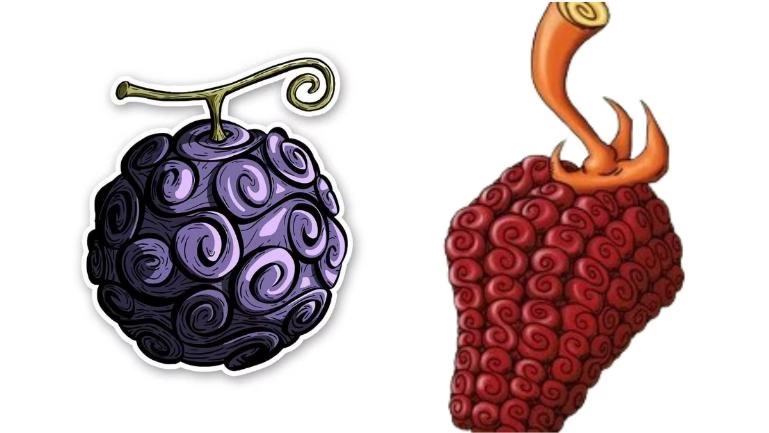
Devil Fruits are mysterious fruits found throughout the seas of One Piece. Each fruit grants the eater a unique ability—often at the cost of their ability to swim. Once consumed, the power becomes part of the user’s body, forever changing their life.
While the Devil Fruit list keeps expanding as the story progresses, every fruit belongs to one of three main types of Devil Fruit: Paramecia, Zoan, and Logia. Understanding these categories is key to understanding the battles and strategies of the Straw Hat Pirates and their rivals.
How Devil Fruit Powers Work
When someone eats a Devil Fruit, the fruit’s power fuses with their body. The user gains instant access to a unique ability that can range from manipulating their own body, to creating natural disasters, to transforming into animals or mythical beasts.
However, there is a price: Devil Fruit users lose the ability to swim, becoming vulnerable to drowning—an ironic weakness in a world of pirates. Seastone, a mineral that neutralizes Devil Fruit powers, is another known counter.
Each fruit is unique—no two fruits share the same power. Once a fruit user dies, their Devil Fruit ability is reborn into another fruit somewhere in the world. Some powers can even “awaken,” allowing the user to affect the environment around them for devastating results.
Let’s explore the three Devil Fruit types with detailed examples.
1. Paramecia-Type Devil Fruits
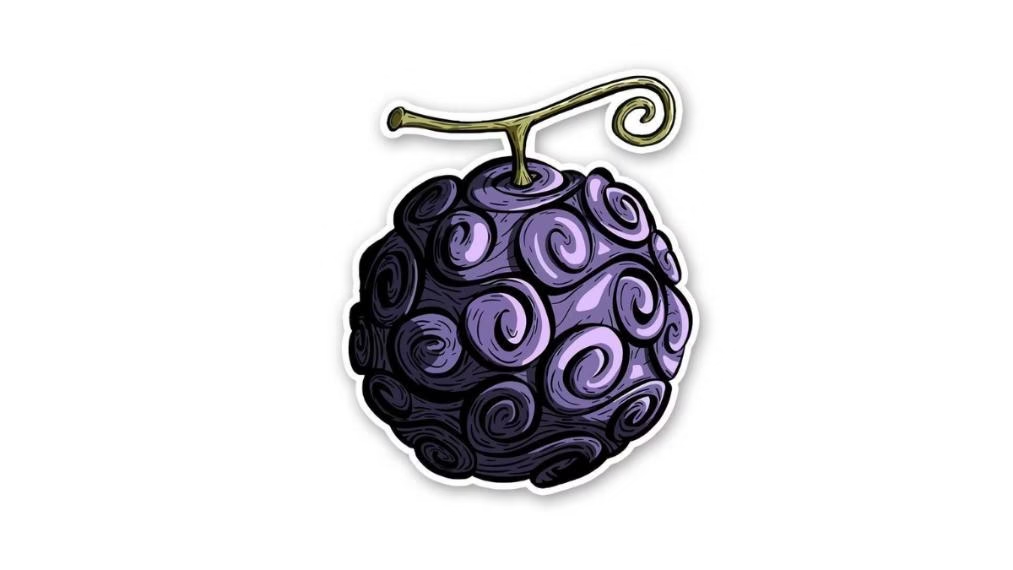
Paramecia are the most common and diverse category of Devil Fruits. They grant a wide variety of abilities—some enhance the user’s body, others produce substances, and some manipulate the world around them.
Key Abilities
- Body alteration: For example, Luffy’s Devil Fruit, the Gomu Gomu no Mi (later revealed as the Hito Hito no Mi, Model: Nika), turns his body into rubber. This allows him to stretch, bounce, and launch powerful attacks like Gear Fourth and Gear Fifth.
- Substance creation: The Doku Doku no Mi (Venom-Venom Fruit) lets Magellan generate and control deadly poison.
- Concept manipulation: The Gura Gura no Mi (Tremor-Tremor Fruit) once wielded by Whitebeard can create massive shockwaves strong enough to shatter entire islands.
Strengths and Weaknesses
Paramecia users rely on creativity and strategy. They can be incredibly versatile—especially when their powers reach Awakening, enabling them to influence their surroundings. Yet, they remain vulnerable to physical attacks because they lack the natural intangibility of Logia users or the raw physical strength of Zoans.
2. Zoan-Type Devil Fruits
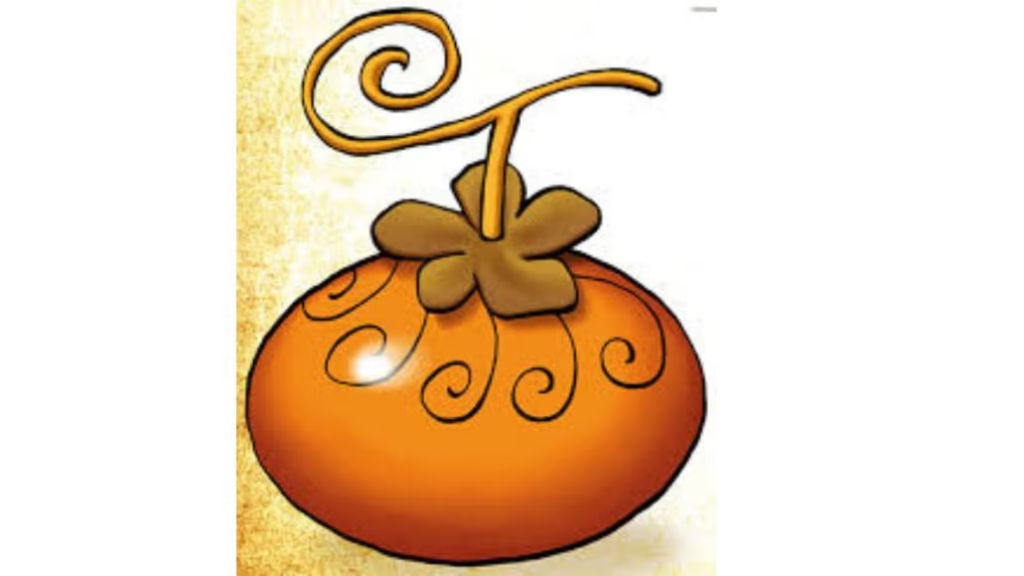
Zoan fruits grant their users the ability to transform into a specific animal and a powerful human-animal hybrid. These fruits provide tremendous boosts to strength, speed, and durability—making them a favorite for close-combat fighters.
Forms and Subtypes
Zoan users can switch between three forms:
- Human form – their original state
- Animal form – full transformation into the fruit’s animal
- Hybrid form – a balanced mix of human and animal traits, offering the best of both worlds
Zoan fruits also feature rare subtypes:
- Ancient Zoan: Users transform into prehistoric creatures like dinosaurs. For example, X Drake can become an Allosaurus.
- Mythical Zoan: Among the rarest fruits, these allow transformation into legendary beings. A standout is Yamato’s Devil Fruit—the Inu Inu no Mi, Model: Okuchi no Makami, a Mythical Zoan that grants the form and powers of a divine wolf deity.
- Artificial Zoan (SMILEs): Man-made versions with high failure rates. A failed SMILE can cause permanent, uncontrollable animal traits.
Strengths and Weaknesses
Zoan users excel in physical combat. Their hybrid forms offer a balance of animal strength and human intelligence. However, unlike Logia users, they can’t avoid direct physical damage. Their powers are straightforward, relying on brute force rather than environmental manipulation.
3. Logia-Type Devil Fruits
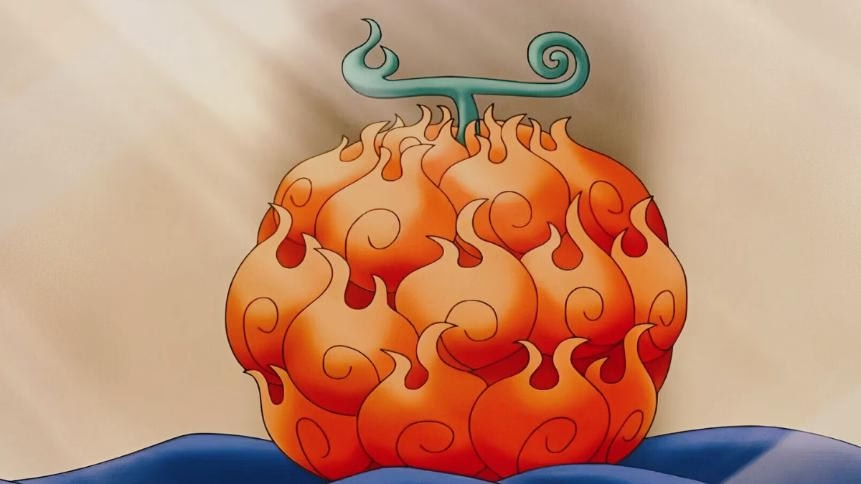
Logia fruits are the rarest and often considered the most powerful. They grant control over a natural element and allow the user to become that element itself—making them virtually untouchable.
Key Abilities
- Elemental transformation: The Mera Mera no Mi (Flame-Flame Fruit), once eaten by Ace and later by Sabo, allows the user to create and become fire.
- Light-speed power: The Pika Pika no Mi (Glint-Glint Fruit) lets Admiral Kizaru transform into light and move at lightning speed.
Because Logia users can turn into their element, normal physical attacks pass through them harmlessly unless the opponent uses Haki or exploits a natural weakness (for example, rubber counters electricity).
Strengths and Weaknesses
Logia fruits provide unmatched offensive and defensive abilities. Their control over nature makes them devastating in battle. Yet, this can lead to overconfidence. Skilled Haki users or natural counters can bypass their intangibility, making them vulnerable.
Comparing the Three Devil Fruit Types
To understand the bigger picture, here’s how the three main types stack up:
| Feature | Paramecia | Logia | Zoan |
| Power Source | Variety of unique abilities | Control over a natural element | Animal transformation & enhanced physical traits |
| Combat Style | Strategic and versatile | Long-range elemental attacks | Close-combat with brute strength |
| Defense | Normal physical body | Intangible to most physical attacks | Enhanced durability in hybrid form |
| Weaknesses | No natural defenses | Vulnerable to Haki or natural counters | Vulnerable to Haki and physical strikes |
| Examples | Luffy’s Gomu Gomu no Mi, Whitebeard’s Gura Gura no Mi | Ace’s Mera Mera no Mi, Kizaru’s Pika Pika no Mi | Yamato’s Okuchi no Makami, X Drake’s Allosaurus |
Paramecia stands out for creativity—almost any ability is possible, from earthquake generation to body modification.
Zoan fruits offer raw power and endurance—ideal for fighters who thrive in physical combat.
Logia, meanwhile, provide unmatched destructive potential and natural defense, making them the most feared but also the rarest.
Top Devil Fruit and Their Users
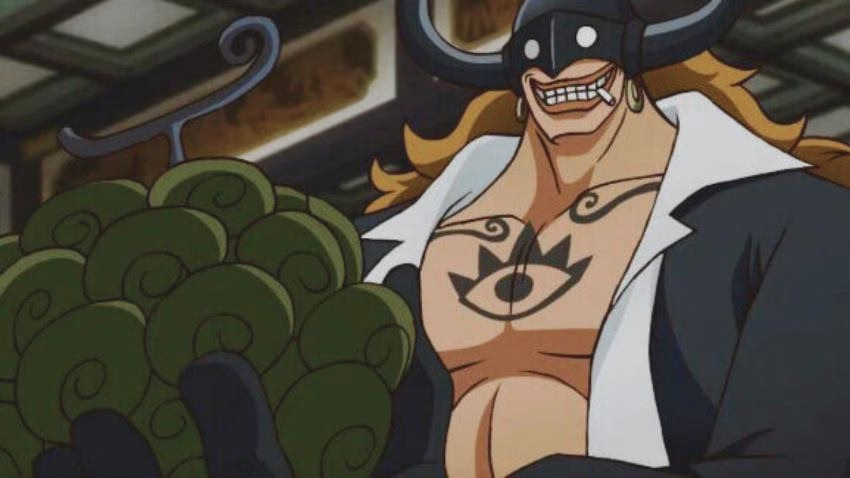
Over the years, One Piece has introduced a Devil Fruit list of legendary powers. Some fan favorites include:
- Gomu Gomu no Mi / Hito Hito no Mi, Model: Nika – Monkey D. Luffy’s iconic fruit, giving him rubber-like abilities and the mythical power of the Sun God Nika.
- Mera Mera no Mi – Once wielded by Ace and now by Sabo, granting fiery abilities.
- Gura Gura no Mi – Whitebeard’s fruit, capable of creating world-shattering earthquakes.
- Yamato Devil Fruit (Inu Inu no Mi, Model: Okuchi no Makami) – A Mythical Zoan that embodies the might of a divine wolf.
These fruits are among the most powerful and have shaped the series’ most unforgettable battles.
Final Thoughts
The types of Devil Fruit in One Piece—Paramecia, Zoan, and Logia—form the backbone of the series’ power system. Each type comes with its own advantages and limitations, encouraging creativity in combat and strategy.
Whether it’s Luffy’s Devil Fruit stretching the limits of imagination, Yamato’s Devil Fruit channeling divine strength, or a Logia Devil Fruit user commanding the elements, the variety keeps the world of One Piece endlessly exciting.
As the story continues and more Devil Fruit from One Piece are revealed, the Devil Fruit list only grows, proving that Oda’s world still has many secrets—and many battles—left to uncover.








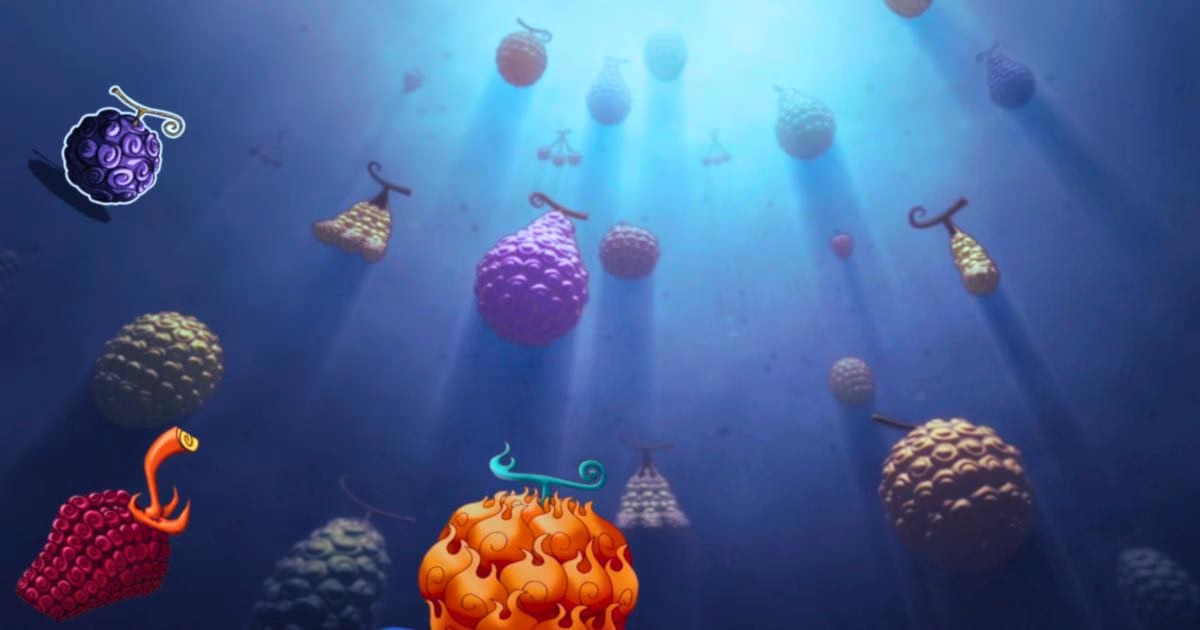

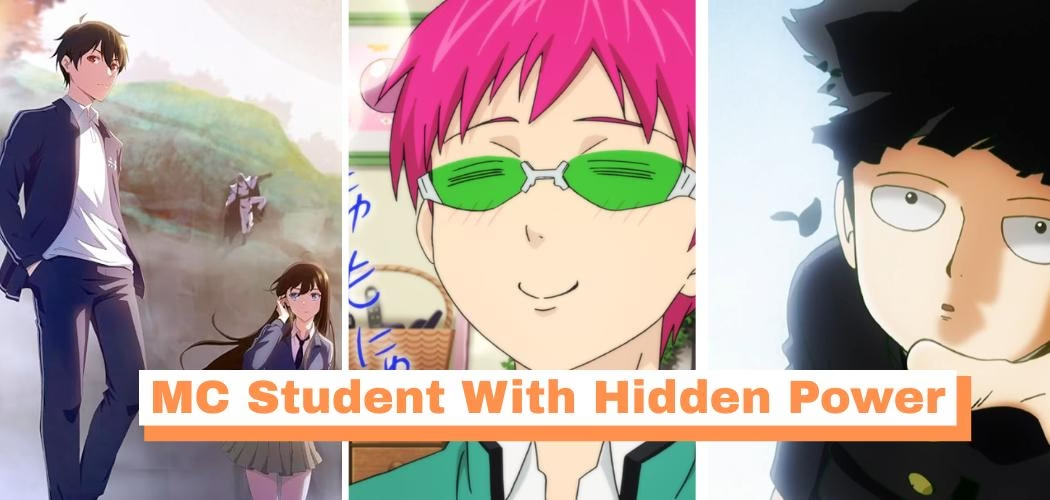


One thought on “Types of Devil Fruits in One Piece: A Complete Guide”